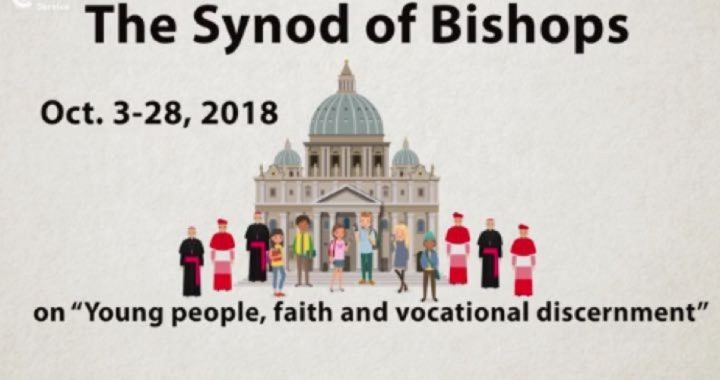
Some of the 36 youthful auditors attending the three-week-long synod on “Young People, the Faith and Vocational Discernment” at the Vatican this month told reporters during a press conference on October 19 that they are hoping that the final document, to be declared at the conclusion of the gathering, includes language that is more “welcoming” to LGBT Catholics.
A synod of bishops is an advisory body for the pope.
An AP report stated that the Vatican has taken a step in accommodating the demands of homosexual members by making a reference to “LGBT” for the first time in its preparatory document at the start of the synod.
However, some doctrinally orthodox bishops have taken exception to using such labels, including Philadelphia Archbishop Charles Chaput, who maintained in his speech that “there is no such thing as an ‘LGBTQ Catholic’ or a ‘transgender Catholic’ or a ‘heterosexual Catholic,’ as if our sexual appetites defined who we are.”
The Catechism of the Catholic Church makes the church’s teaching on homosexual behavior very clear. It reads, in part:
Homosexuality refers to relations between men or between women who experience an exclusive or predominant sexual attraction toward persons of the same sex. It has taken a great variety of forms through the centuries and in different cultures. Its psychological genesis remains largely unexplained. Basing itself on Sacred Scripture, which presents homosexual acts as acts of grave depravity, … tradition has always declared that “homosexual acts are intrinsically disordered.” … Under no circumstances can they be approved.
While the church condemns “homosexual acts,” its teaching is by no means unwelcoming or uncharitable. The Catechism notes:
The number of men and women who have deep-seated homosexual tendencies is not negligible. This inclination, which is objectively disordered, constitutes for most of them a trial. They must be accepted with respect, compassion, and sensitivity.
The Catechism offers this admonition for homosexual members so that they may ultimately overcome their disorder and achieve sanctification:
Homosexual persons are called to chastity. By the virtues of self-mastery that teach them inner freedom, at times by the support of disinterested friendship, by prayer and sacramental grace, they can and should gradually and resolutely approach Christian perfection.
Therefore, the homosexual individual is not “unwelcome” in the Catholic Church, but, like all of the faithful, must reject sinful behavior.
Image: Screenshot of the website of the United States Conference of Catholic Bishops
Related article:



